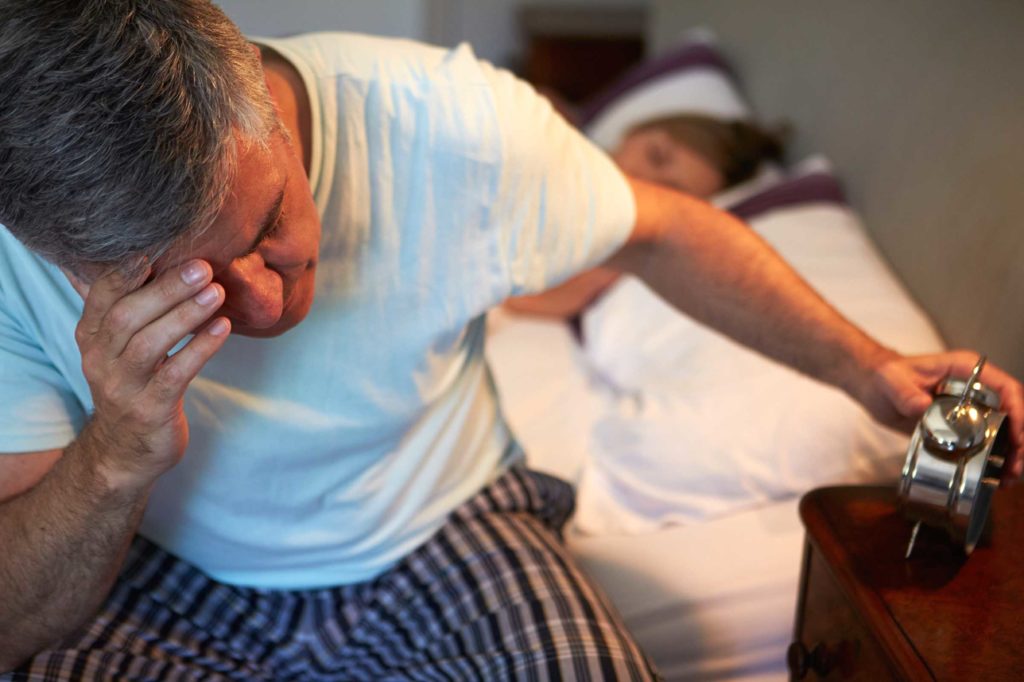Doing a little research on heart attacks is essential. It’s ideal to know what signs to look out of your if you suspect that you or someone you love is on the verge of one. Even doctors miss the warning signs sometimes.
Therefore, the more knowledge that you have on them, the more protected you and your family will be. Here are some of the most important things that you should know about heart attacks.
What a Heart Attack Is
When blood flow to the heart becomes blocked, the heart is no longer able to receive oxygen. As a result, the heart stops pumping, and the person will begin to die.
Although in some cases heart attacks are inevitable due to family history, they are often a result of several risk factors. People who smoke, are obese, or have high blood pressure are more at risk.
Women May Experience Unique Symptoms
Men and women both experience the most telltale sign of an impending heart attack which is pain their chest. However, women are more likely to experience other symptoms as well.
These symptoms include vomiting, shortness of breath, and pains in the body. This is important to know in case you rule out a heart attack due to these other less common symptoms.
Call 911 Immediately
You should always call emergency services at the slightest sign of a heart attack. Your best chance at surviving one is by catching it early on. Even though you may want to drive to the Emergency room rather than calling an ambulance, chances are that you’ll get help much faster from an ambulance than arriving at urgent care to be seen.
Patients who have arrived at the emergency room in an ambulance are much more likely to receive care than people who are in the waiting room. Therefore, it’s recommended in most cases to call 911 if you hope to save a life due to a heart attack.
Statistics Show People Who Are Well-Prepared Are Less Likely To Die Of a Heart Attack
If you find yourself in any of the high-risk categories for heart attacks, then you should seriously consider practicing what you’ll do.
Develop a drill for exactly what you’ll do if your heart stops. Your health provider can help you come up with a list of the best actions to take. Try to write them down and keep them somewhere handy where you can see it.
It’s also a good idea to write down any relevant information that the medics may need such as any medications you’re taking or medications that you’re allergic to. No one wants to believe the worst could happen; however, the best way to protect yourself is preparedness.
To read more on topics like this, check out the lifestyle category.


 Steps You Can Take to Reduce Risk for Your Start-up Company
Steps You Can Take to Reduce Risk for Your Start-up Company